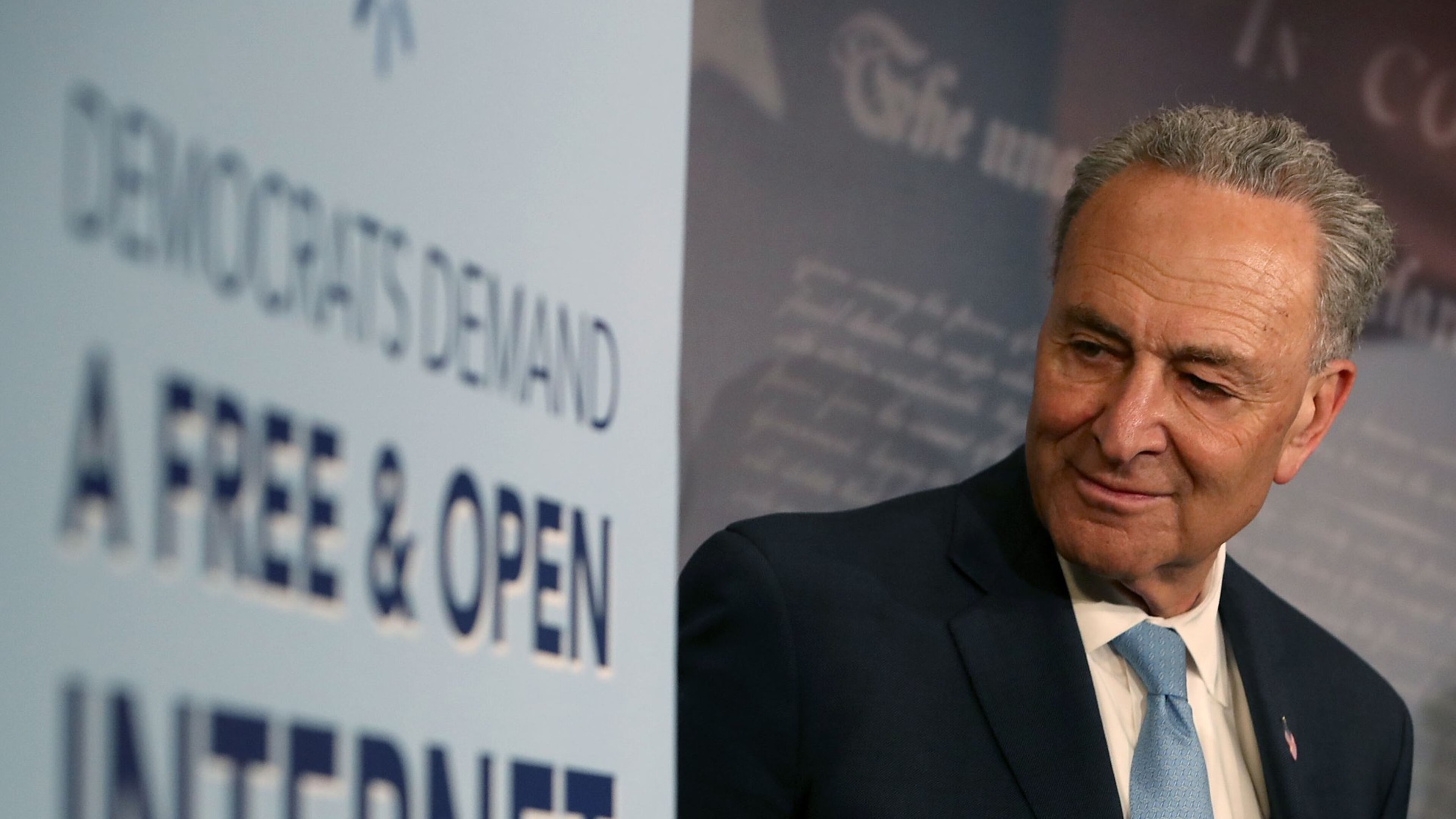Examining both sides of ‘net neutrality’ debate

The national debate over net neutrality landed back in the news last month after the U.S. Senate voted to restore controversial rules enacted during the Obama administration to mandate unencumbered Internet access that service providers argued was already in existence. It rolls on, even as those rules officially ended Monday.
On May 16, the U.S. Senate voted to block a move last year by the Federal Communications Commission to end 2015 rules designed to more strictly regulate internet service providers (ISPs).
Even when seen apart from politics, net neutrality can be confusing. Here’s what you need to know about why it matters to business and consumers:
What is net neutrality?
Net neutrality is the idea that internet providers should allow consumers and businesses to have equal and open access to any online content without favoring certain websites or applications over others.
People and companies on both sides of the debate say they support this general concept. But they differ on the rules and particulars, and how they should be implemented.
What are the positions around the issue?
In 2015, the FCC enacted rules to regulate service providers under Title II of the Communications Act of 1934, which meant ISPs, such as Comcast and AT&T, were treated as public utilities, much like power and telephone companies.
Internet providers say that the much-lighter regulatory hand used for nearly 20 years prior to the 2015 rules had given service providers room to largely achieve many goals of net neutrality. They say that less regulation also helped enable the needed private investments to increase broadband access and Internet speeds. ISPs say that the 2015 regulations were more applicable to low-investment, low-growth businesses like public utilities and were unsuited for a rapidly growing, fast-changing Internet and the companies that provide access to it.
Many tech companies and internet activists feel differently. They say that internet service providers can throttle speeds, charge more for faster service or block websites and apps if not regulated more closely by government.
Service providers say the Internet is open already, and that has fueled an unprecedented global expansion of free speech.
Last December, the FCC, now under Republican control, repealed the 2015 rules in favor of a “light-touch,” free-market approach, and restored consumer protection in the hands of the Federal Trade Commission.
Republicans have largely sided with internet providers, while tech giants like Google and Facebook, civil liberties groups and Democrats have backed the Obama-era rules. In fact, Democrats have hoped net neutrality might motivate younger voters during the 2018 mid-term elections.
All 49 Senate Democrats were joined by three Republicans in approving the May resolution restoring the 2015 rules.
In 2010, ISPs, including Cox Communications, which is owned by The Atlanta Journal-Constitution’s parent company Cox Enterprises Inc., pledged publicly to support the core principles of net neutrality, and have since reaffirmed those commitments of no blocking, no throttling and no unfair discrimination since the rule repeal.
ISPs such as Comcast (NBC Universal) and AT&T (with its just-approved Time Warner merger) have been acquiring content makers, and some have feared the big companies could give their own content priority, slowing access to Netflix or other platforms. ISP’s say this is an unwarranted fear, and that they’re motivated to provide good customer experiences for broadband and video customers. They note that many ISPs (including Comcast and Cox) already partner with Netflix to distribute content via their video platforms, and Comcast or Cox customers can use their voice remotes to search for Netflix shows.
Parties on both sides have said they wanted to see Congress settle the issue, or else the matter could be settled by the courts. More than 20 states have filed suit in this regard.
Despite the Senate vote, the FCC rule change took effect Monday, reflecting that the U.S. House has not acted on the Senate’s resolution.
Both of Georgia’s U.S. senators, Republicans Johnny Isakson and David Perdue, voted against the resolution.
In a statement, Isakson said providing equal access is important, particularly for rural areas that don’t have the services provided in more-populated regions. He said lawmakers “should pass bipartisan legislation to prevent abuses.”
How does this debate affect service, including rural broadband?
Lawmakers in Georgia and elsewhere have grappled with how to provide faster internet service to rural areas where it’s less profitable for providers to serve. Internet providers have said repeal of net neutrality rules could allow for more investment in their products, allowing for new products that could be more efficient across their networks and improve service in rural areas.
But consumer groups have said the repeal could make service more expensive.
What’s next?
That’s not entirely clear. The Senate bill isn’t likely to go anywhere in the House, which has a larger Republican majority. And House leaders say they want their own net neutrality legislation aimed at permanently addressing the matter.


